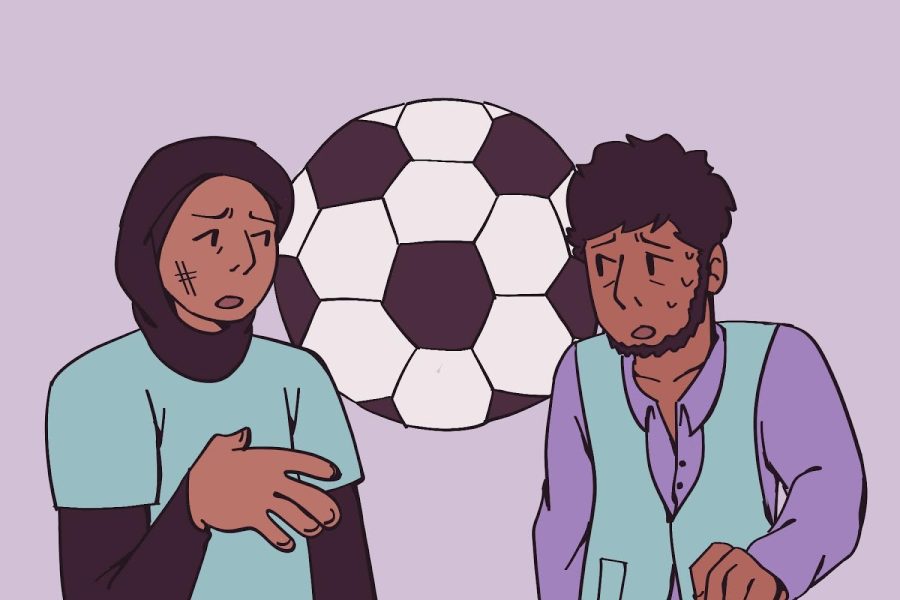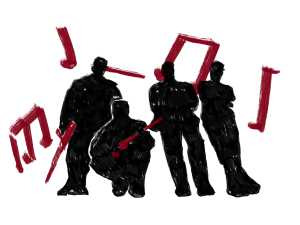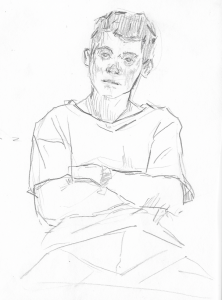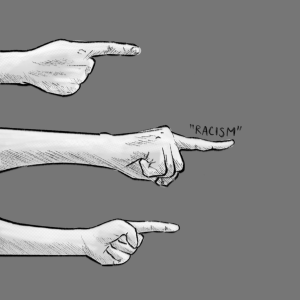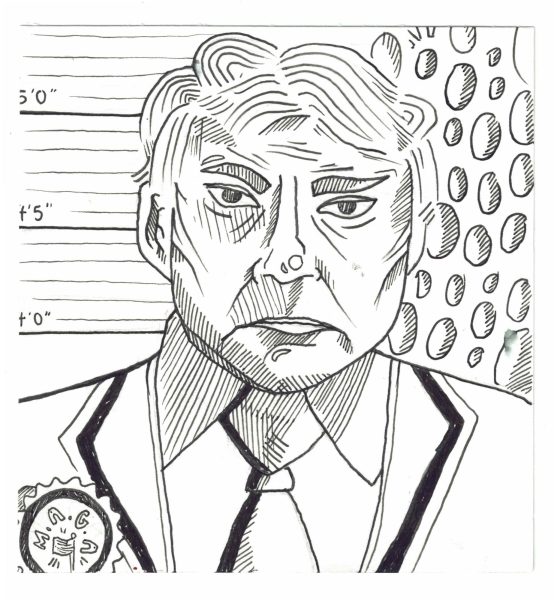Qatar Should Have Never Hosted the World Cup
January 24, 2023
This past month has seen countries from across the globe unifying around something joyful, competitive, and thrilling. First established in 1930, The FIFA World Cup has become the largest soccer tournament worldwide. However, this year’s tournament should not have taken place in Qatar; while soccer fans cheer on their team of choice, many remain ignorant to the abuses of power afflicting the country.
Human Rights violations are not an issue unique to Qatar. But with the world’s spotlight on the nation due to the tournament, they have become difficult to ignore. The rights of the LGBTQ+ community, women, and laborers have been relentlessly violated, exploited, and suppressed by the Qatari government. As a result of Qatar’s interpretation of Sharia law, marginalized communities are subject to oppressive and hateful legislation.
Human Rights violations are not an issue unique to Qatar. But with the world’s spotlight on the nation due to the tournament, they have become difficult to ignore.
The LGBTQ+ community in particular faces extreme persecution. According to Amnesty International, Article 296 of the Penal Law code threatens one to three years of imprisonment for consensual same-sex relationships. A bisexual Qatari woman told Human Rights Watch that “‘[Preventive Security officers] beat me until I lost consciousness several times.’” Her story was accompanied by a series of interviews with other LGBTQ+ Qataris, recounting their experiences of physical and psychological torture at the hands of the government.
Under Qatar’s guardianship laws, women are unable to marry, study abroad, and access reproductive healthcare without their male “guardian’s” permission. Noof al-Maadeed fled Qatar after facing domestic abuse under the male guardianship law, telling The Guardian, “[I was] only allowed to go to school and back. Anything else [and I could] expect a beating.”
Unsafe and exploitative working conditions and lack of protection have led to many worker deaths. An investigative report conducted by The Guardian found that over 6,500 workers have died in Qatar since they won the World Cup bid. These worker deaths are a direct result of building the infrastructure required to host the tournament. A report by Amnesty International found that workers often had their passports confiscated by employers. Without a passport, they could not leave the country, making them extremely vulnerable to forced labor.
A worker constructing the Khalifa stadium where the 2022 World Cup was held, described his experience to Amnesty International. “I went to the company office, telling the manager I wanted to go home [back to my country] because always my payment is late. The manager screamed at me, saying ‘Keep working or you will never leave!’”
In response to Qatar’s discriminatory and exploitative laws, many soccer teams, including England, the Netherlands, Belgium, Denmark, Germany, Switzerland, and Wales pledged to wear ‘OneLove’ armbands to promote inclusion and protest discrimination in Qatar.
However, an hour before England was set to play, FIFA issued a statement, saying, “FIFA has been very clear that it will impose sporting sanctions if our captains wear the armbands on the field of play.” The threat of sanction was enough to deter all seven teams from wearing the armbands. By preventing teams from wearing a subtle sign of protest, FIFA made one thing transparent. They care very little about the people and rights those armbands represent. Allowing the world cup to be held in Qatar, a place where freedom of identity is punishable by imprisonment and workers face unchecked exploitation, is unethical and ultimately unjust.
This article appeared in the December 2022 print edition.

